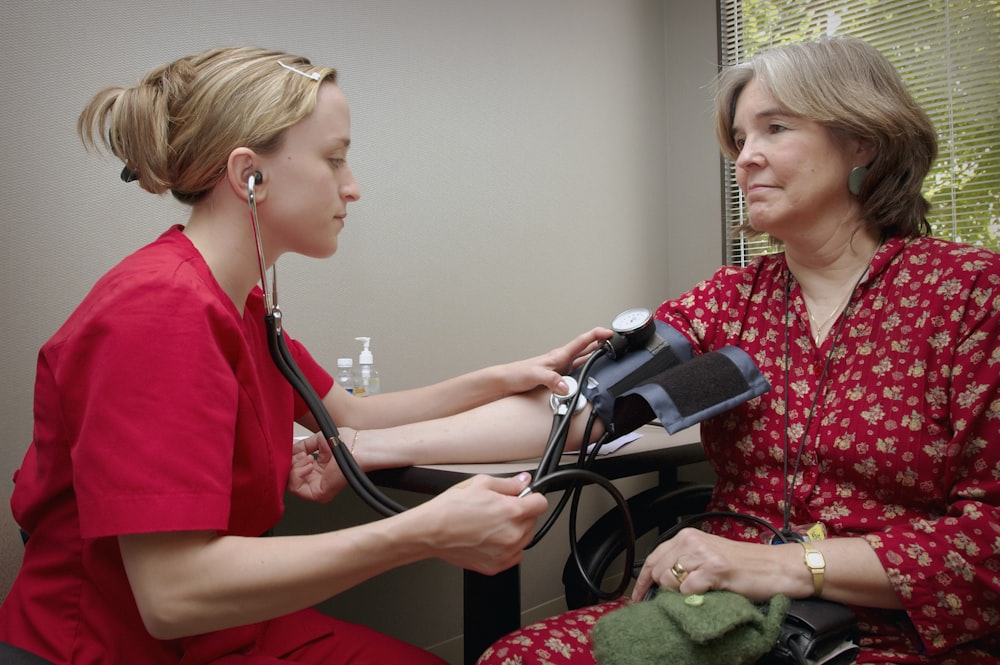
It goes without saying how vital a healthy heart is when it comes to your overall health, and how important it is to do whatever you can to reduce your risk of heart problems. We need a healthy heart for numerous reasons. This fist-size organ pumps oxygenated blood and nutrients throughout all of your cells, tissues, and other organs. If your heart starts to fail, blood and fluid will build up in your lungs and extremities, resulting in shortness of breath and edema (water-retention). Poor blood flow due to heart problems could also starve the body’s other vital organs, which could result in multi-organ failure and eventual death.
Today, the World Health Organization reports that cardiovascular disease is the leading cause of death in the world. Heart problems take almost 18 million lives annually. The Center for Disease control affirms this, with 1 in every 4 deaths attributed to heart disease in the US. Unfortunately, coronary artery disease or heart disease is often a silent killer, resulting in many unexpected deaths. Many people don’t notice any symptoms of heart problems until late into heart disease, wherein they could suffer a massive heart attack.
Heart disease occurs when plaque builds up in the heart’s artery walls. This narrowing can result in chest pains and an eventual heart attack. Heart disease is prevalent, no matter your ethnicity or gender. Even more alarming is that it is often silent until it strikes a fatal blow. That’s why it is critical to recognize factors that put you at higher risk of heart disease or heart problems. Below, we’ll review some health conditions that could increase your risk of heart disease:

1. High Blood Pressure Can Lead to Heart Problems
High blood pressure or hypertension is one of the primary risk factors for heart disease. This medical condition occurs when the blood pressure in your blood vessels and arteries is too high. When this high blood pressure is not controlled, it can affect the pumping of your heart and other major organs like your kidneys or brain.
The sad part is high blood pressure typically shows no symptoms. This is why regular screenings are important. Usually, you will know you have high blood pressure when using a sphygmomanometer to check your blood pressure readings. Fortunately, there are many home testing machines in the pharmacy that allows you to measure your blood pressure in the comforts of home. Alternatively, you can ask the pharmacist to use theirs.
If you have a strong family history of heart disease and you are older, you must constantly monitor your blood pressure readings to prevent a hypertensive crisis that can lead to a stroke or heart attack. Fortunately, you can control your blood pressure with the following:
- Take maintenance medication prescribed by your physician
- Changing your diet to low sodium and and consume adequate potassium
- Incorporating exercise or activities into your routine
- Cutting out tobacco and alcohol
- Losing weight
2. Poor Blood Cholesterol Levels
For starters, cholesterol is a waxy and somewhat fat-like substance produced by the liver and found in some foods. Your liver is capable of making all the cholesterol that your body needs to survive, and in general, the liver will modify its production of cholesterol depending on the amount you consume through your diet. However, your cholesterol levels can change significantly depending on the foods you eat.
Cholesterol is tricky because there’s ‘good’ cholesterol (HDL or high-density lipoprotein) and ‘bad’ cholesterol (LDL or low-density lipoprotein). HDL is dubbed as good because it carries cholesterol to the liver to be removed, whereas LDL is dubbed as bad because it carries cholesterol to other parts of the body and promotes plaque buildup.
Foods that are high in saturated fats or trans fats such as fast food, fried food, processed food and processed meats such as bacon or ham, can cause the amount of LDL in your bloodstream to increase, increasing the risk of cholesterol buildup in your heart’s arterial walls and blood vessels. This narrowing will make your heart work harder, and it will decrease blood flow to the heart itself, along with your brain, kidneys, and other body parts.
Meanwhile, HDL is called good because higher levels of it proffer protection against heart disease. Omega-3 fatty acids, as well as monounsaturated and polyunsaturated fats, can help to increase HDL levels. For example, fish oil supplements or eating salmon and avocado is vital in promoting heart health. Eating these good fats is an essential component of your diet. The key to a healthy heart is maintaining a good balance between HDL and LDL.
Since you can’t see your own arterial walls with your eyes, you may have high cholesterol without even knowing it. There are usually no symptoms or signs that a person has bad cholesterol levels. You can only see the state of your cholesterol levels if you get it checked via a blood test called the lipid profile test. This test measures your good and bad cholesterol levels. Getting this annually is helpful so you can make dietary changes to increase your HDL and lower your LDL.
3. Diabetes Mellitus
Your body needs glucose or simple sugar to function. The body uses this sugar as fuel to perform essential metabolic functions and daily activities. Your pancreas makes the hormone insulin, which in turn moves the glucose from the food you consume to your body’s cells so that you can have energy. However, if you have diabetes or pre-diabetes, your body cannot make enough insulin or use it as optimally as it should.
As a result, diabetes means you have excess sugar in your blood. Notably, the CDC says that the risk of death from heart disease is higher for adults with diabetes than those who do not have it. And that’s because high blood sugar can damage blood vessels and nerves that control the heart. Besides, people diagnosed with diabetes usually also have other concurring conditions that raise the risk of heart disease, like hypertension. Therefore, if you have a family history of diabetes, it is essential to speak with your doctor about managing your blood sugar.

4. Obesity
Obesity is a major problem worldwide, especially in well-developed nations. Statistics show that 2 billion adults are overweight (BMI>25), and 600 million of them are obese (BMI>30). Worrying about your weight is about more than vanity. If you are obese, you have an unhealthy amount of excess body fat, which is linked to high bad cholesterol count and poor good cholesterol levels.
On top of having bad triglycerides during your lipid profile test, you are at higher risk of high blood pressure and diabetes if you are obese. All of these health issues increase your risk for heart problems such as coronary artery disease. For this reason, you need to speak with your doctor about reducing your weight to a healthy level that’s right for your height and body frame.
Your heart is a muscle that needs exercise to be healthy. Cardiovascular exercise such as cycling, swimming or hiking is excellent for your heart health. You should be doing cardio at least 4 times per week. When combined with a healthy diet, cardiovascular exercise can prevent obesity.
The Importance of Being Proactive Instead of Reactive
Preventative health is crucial to avoid heart problems, health complications and mitigate costly treatments. Staying proactive about your health and not merely reactive, means you take the necessary steps to lower your risk of heart disease. Preventative habits can increase your lifespan because it allows you to catch problems early and nip them in the bud. To understand your heart health comprehensively and professionally is in fact effortless, simply take a Circle Snapshot Heart Health Test at home, and you will receive a comprehensive report shortly.
For instance, if you eat a clean diet and exercise to lose or maintain weight, you not only increase your lifespan but help prevent severe diseases such as diabetes or hypertension. Bear in mind, when it comes to your heart, several factors come into play, including your lifestyle, age, family history, and your current state of health. If your family has a strong history of heart disease, you are genetically more likely to experience heart problems. However, you can take steps to lower your risks by changing your habits. For example, you can do the following:
- Reduce your saturated and trans fat intake
- Lessen sodium consumption
- Get enough physical activity
- Quit smoking and drinking
- Get annual physical checkups
Your genetics plays a role in heart disease, diabetes, hypertension, and other related conditions. However, research shows that people with a strong family history of these diseases also share common environments that increase the risk, such as the family diet and health habits like exercise, smoking, and drinking. Thus, it is vital to make healthy lifestyle choices to protect your cardiovascular health.
If you want to see how your genetic makeup could potentially affect your future heart health, you can order a DNA testing kit from CircleDNA. Test results will reveal your genetic risk of various diseases and health conditions. Apart from revealing your health risk factors, CircleDNA also offers insights into nutrition and exercise plans that best suit your unique genetic profile.






